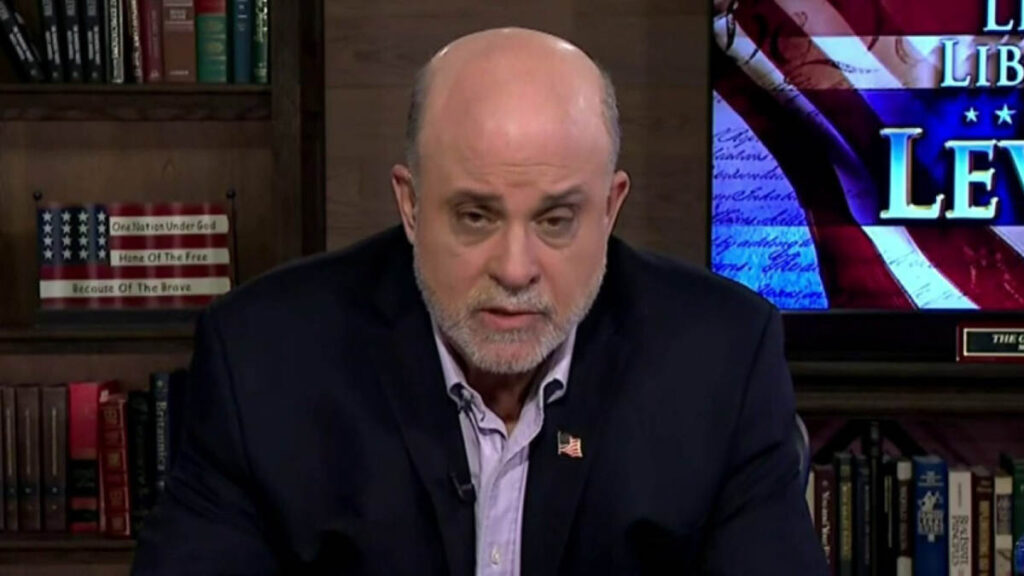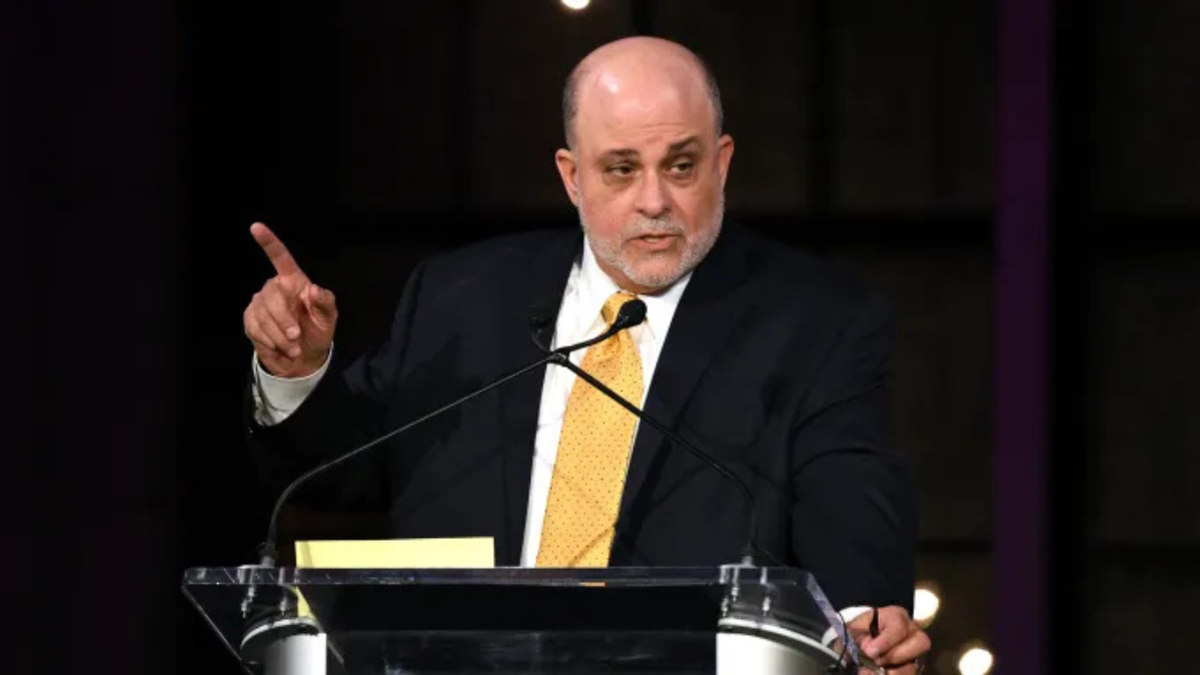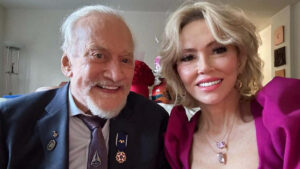Mark Levin radicalisation claim — three words setting political Twitter on fire this week. It’s the kind of headline that makes you stop mid-scroll: America’s fiery talk titan, now at the center of a story about influence, ideology, and how far talk radio can reach into people’s minds.
On Monday, far-right activist Nick Fuentes said something that made even hardened listeners blink: he claimed he was “radicalised on race” as a teen because of Mark Levin’s show.
It’s a claim that’s rattled corners of both conservative and mainstream media — not just for what it says about Fuentes, but for what it suggests about the power of Levin’s voice.
Mark Levin and the words that sparked it all
Fuentes told interviewers that when he was in high school, he’d tune into Levin every night — drawn to his energy, his anger, his “mean” tone. Then one comment, he said, stuck: “America is becoming a majority non-white country. Does anybody think that’s a good idea?”
Fuentes said that question — which he remembers Levin asking years ago — planted a seed. “That actually doesn’t sound so good,” he recalled thinking.
The remark, now resurfacing in clips circulating online, has reignited the decades-old debate about talk radio’s role in shaping political extremes.
Levin, for his part, hasn’t publicly addressed the Fuentes claim as of press time, but longtime fans are already rallying around him, calling the accusation “cheap” and “twisted out of context.”
Still, the moment lands like a punch. The idea that a 17-year-old listener could interpret a radio question as a racial awakening? That’s the kind of story that hits both the heart and the headlines.
Levin’s latest Fox moment — same fire, different storm
Just as the Fuentes story picked up steam, Levin was back on Fox News with a different kind of fire. In a clip that dropped late Friday, he blasted Democrats for what he called “manipulative messaging” on healthcare and the government shutdown.
“They use complicated language so you think they’re helping you,” he said, raising his voice. “But they’re not.”
The crowd — online and on-air — knows that tone. It’s classic Levin: part sermon, part scolding, all intensity.
For his millions of listeners, that’s the point. For critics, that’s the problem.

Why this moment feels bigger
Mark Levin isn’t new to controversy. The 70-year-old host of Life, Liberty & Levin has built a career on unapologetic takes and unapologetic volume. But what makes this latest claim hit differently is the personal nature of it — the idea that a fan didn’t just listen to Levin, but changed because of him.
That’s not just about politics. That’s about influence — the kind that sticks in your head long after the radio’s turned off.
It’s the same influence that’s made Levin one of the most downloaded conservative podcasters in the country. Love him or hate him, you probably know someone who’s quoted him.
Still, being mentioned in the same sentence as “radicalisation” hits differently. Especially in 2025, when the cultural temperature online is already set to “boil.”
Media outlets jump in — and reactions pour out
Within hours, outlets like Mediaite and Yahoo News ran stories on the Fuentes comments. Twitter/X quickly turned into a split-screen of reactions:
- Critics are calling Levin’s influence “dangerous and undeniable.”
- Supporters dismissed Fuentes as a “provocateur desperate for headlines.”
A few users joked that Fuentes might have just given Levin “the best ratings boost of the year.” Others wondered if the host would address it head-on this weekend — something Levin has been known to do when controversy calls his name.
Fox News viewers, meanwhile, are treating it like background noise. For them, Levin’s focus — his hammering of Democrats and the press — is what matters.
It’s a strange dual reality: one side hearing dog whistles, the other hearing the defense of liberty.
The paradox of Mark Levin
Levin’s fans often say they love his “passion.” His critics say it’s rage. Maybe it’s both. That contradiction — the righteous anger that sounds almost religious — is what makes him both magnetic and divisive.
And that’s exactly why this story has traction. Whether you think Levin crosses lines or defends them, you feel something when he talks.
Even Fuentes admitted it — that it wasn’t policy or philosophy that hooked him. It was a tone. It was a theater. It was emotion.
Something is haunting about that, isn’t there?
What happens next
At this point, the Fuentes claim feels less like an accusation and more like a mirror held up to the power of talk radio itself. For decades, hosts like Levin, Limbaugh, and Savage have blurred the line between commentary and crusade.
Now, in the age of clips, quotes, and viral sound bites, that influence multiplies — faster than ever.
If Levin responds — and history says he will — expect fire. He’s never been one to let his name trend without striking back.
Until then, the debate simmers: Are talk hosts shaping minds, or just reflecting the chaos already out there?
Mark Levin’s “radicalisation” moment may not redefine his career — but it reopens the question that’s followed him for years: Where does influence end and responsibility begin?
Love him or loathe him, you can’t deny this — Levin still knows how to light up a news cycle.
Uncover the buzz around celebs in The Graval Trending News section.
Mohit Wagh is the co-founder and feature writer at The Graval, bringing 10 years of experience in celebrity and pop culture reporting. He crafts engaging, fact-driven stories that capture the pulse of what’s trending across Hollywood and beyond.




